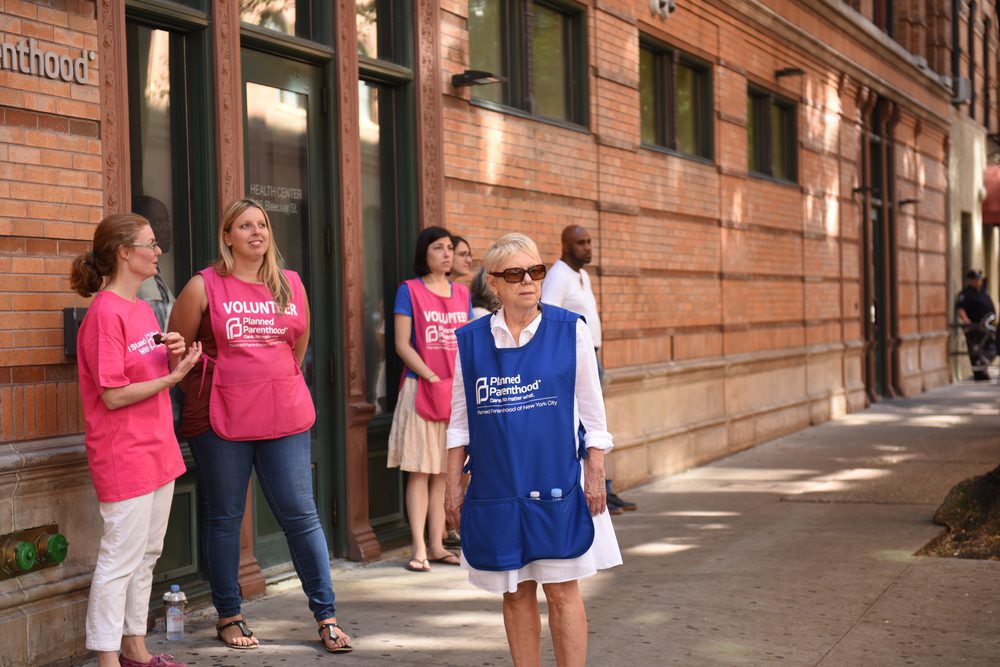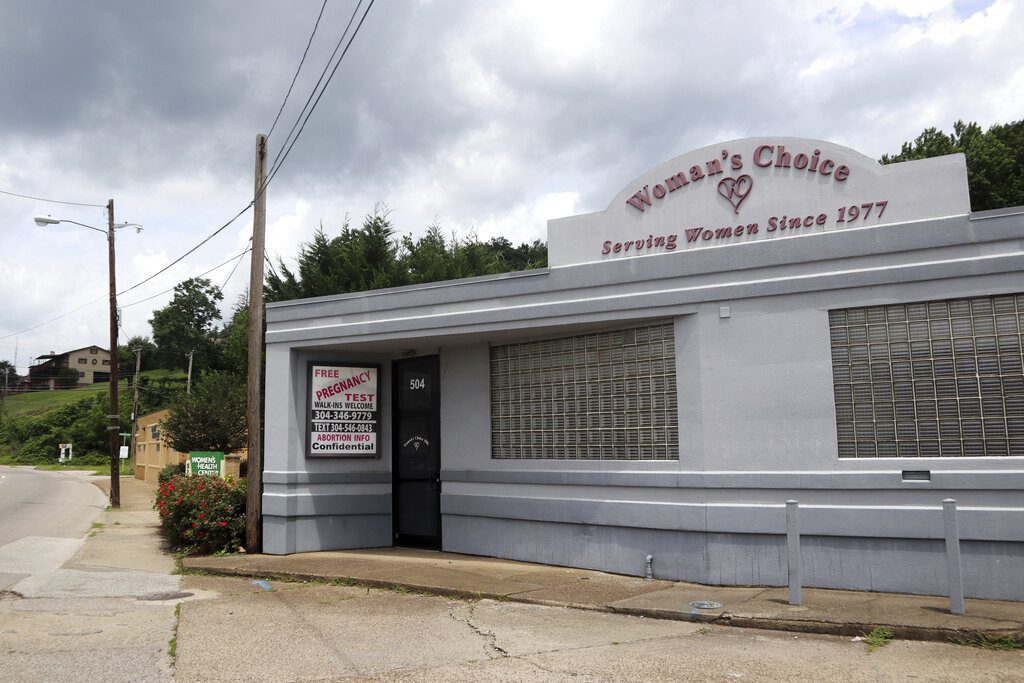
A new study published in JAMA Internal Medicine found that 30% of these anti-abortion ‘fake clinics’ promote "abortion pill reversal," a treatment that’s not backed by science and does not meet clinical standards. (AP Photo/Leah M. Willingham, File)
A new study published in JAMA Internal Medicine found that 30% of these anti-abortion ‘fake clinics’ promote “abortion pill reversal,” a treatment that’s not backed by science and does not meet clinical standards.
So-called “crisis pregnancy centers” are providing pregnant people with questionable medical advice, according to a new study published in the medical journal, JAMA Internal Medicine.
According to reproductive rights advocates and doctors, crisis pregnancy centers (CPCs) are “health centers” run by anti-abortion activists with an agenda: to shame and pressure women out of getting abortions and to tell lies about the procedure, birth control, and sexual health.
The study found that 30% of these centers promote “abortion pill reversal,” a treatment that’s not backed by science and does not meet clinical standards, according to the American College of Obstetricians and Gynecologists (ACOG). The treatment involves having women who have taken mifepristone and misoprostol to end their pregnancies take progesterone in order to “reverse” the procedure.
The treatment is not approved by the US Food and Drug Administration, and in fact, “could increase the risk of serious complications like sepsis, especially in cases where it interferes with the completion of a medication abortion,” researcher Dr. Davey Smith, director of the Altman Clinical and Translational Research Institute at the University of California, San Diego said in a statement.
The idea stems from a 2012 case series which saw six pregnant women follow that protocol. Four of them ended up continuing their pregnancies, but as the ACOG notes, this is not scientific evidence and the study was not supervised by an institutional review board (IRB) or an ethical review committee, and case studies with no control groups are notoriously known for being some of the weakest forms of medical evidence.
Still, crisis pregnancy centers are promoting it. And although researcher John Ayers, deputy director of informatics at the UC San Diego Altman Clinical and Translational Research Institute, says that fake clinics do “provide valuable community services, like parenting classes,” he also says that “there is a clear need for consumer safety measures to prevent the promotion and use of their questionable medical services.”
This is why he, along with the other researchers, have made their findings public at ChoiceWatch.org, a comprehensive online database of crisis pregnancy center websites. ChoiceWatch is also where the researchers found their data: they analyzed more than 470,000 webpages from 1,825 fake clinic websites between Sept. 2023 and March 2024.
“This transparency is essential for ensuring public health,” Mark Dredze, a professor of computer science at Johns Hopkins University and co-creator of ChoiceWatch, said.
Crisis pregnancy centers operate in all 50 states; Texas has the most (143), California comes in second (126), and Florida comes in third (98). Montana and Wyoming have the highest concentration of fake clinics with 7.45 and 6.48 crisis pregnancy centers per 100,000 women of reproductive age, respectively.
Researchers also found that while about 90% these fake clinics advertise social services such as adoption and about 91% offer medical services such as pregnancy tests and ultrasounds, it’s “unclear if trained professionals are providing these medical services,” according to lead researcher Karan Desai, a medical student at the University of Michigan Ann Arbor Medical School and co-creator of ChoiceWatch.
“Even benign services, such as STI testing, should be provided within a health care ecosystem that prioritizes safety and meets regulatory approvals,” she said.

Nevada just made teen abortion way harder—even in the worst situations
Imagine you’re a teen in foster care, and you’re pregnant. The father is your abusive foster parent. Nevada’s newly enforced parental notification...
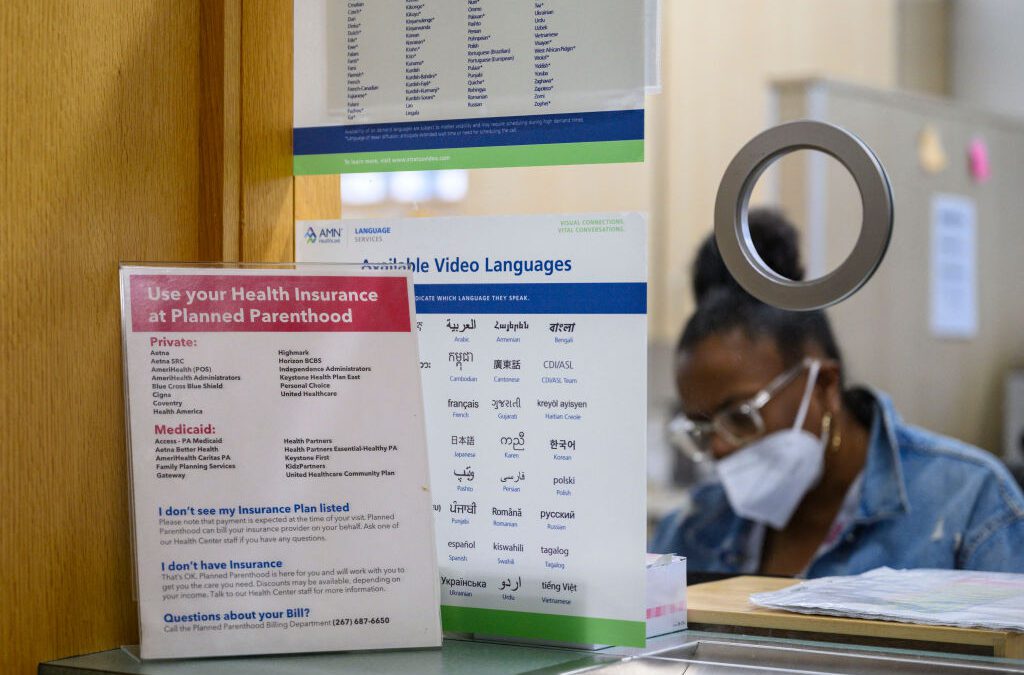
It’s Nevadan women and families taking the hit as Planned Parenthood scales down services due to federal Medicaid cuts
While none of the Planned Parenthood clinics in Nevada will be closed, certain services accessed by thousands, including prenatal care and family...
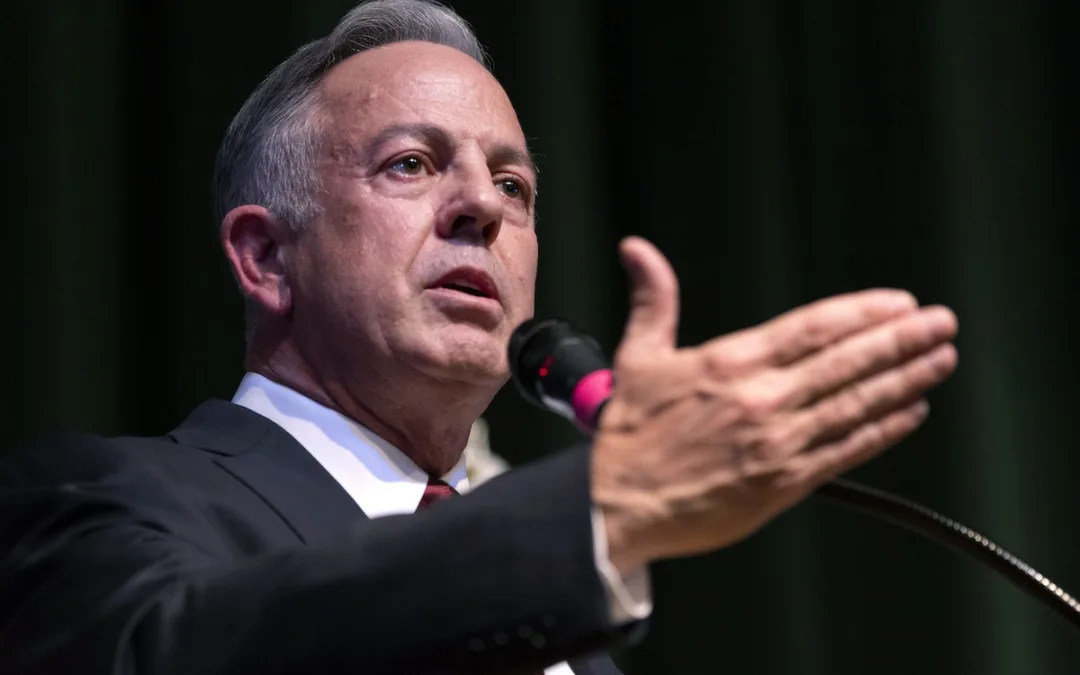
Gov. Lombardo vetoes bill to protect IVF in Nevada
A bill that would have protected in vitro fertilization, as well as expanded access to fertility treatments, was recently vetoed by Gov. Joe...
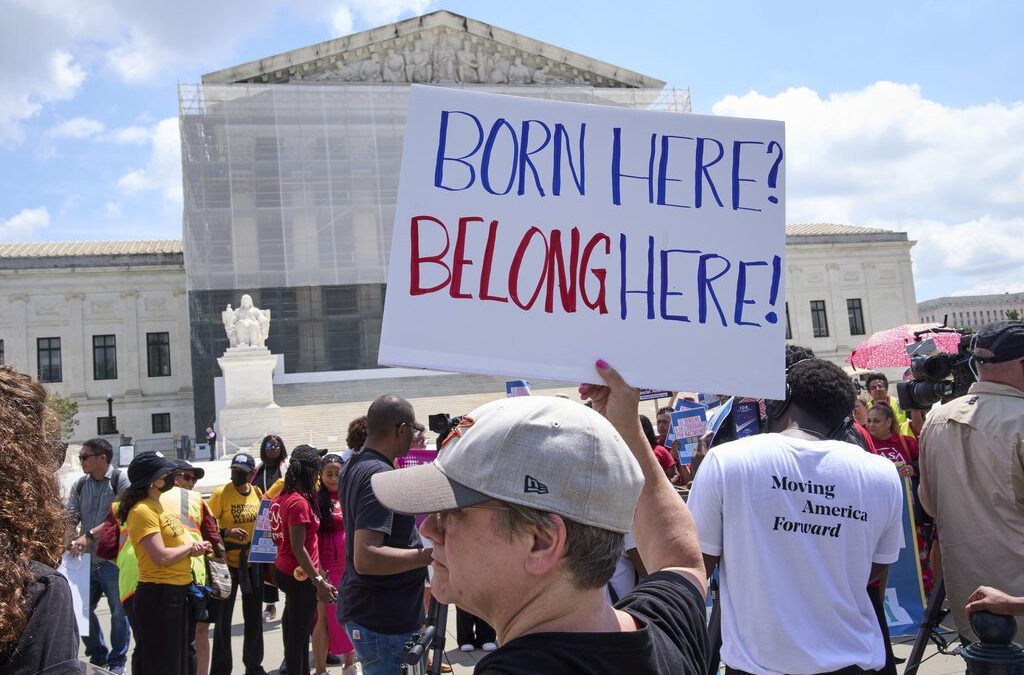
Supreme Court limits nationwide injunctions, but fate of Trump birthright citizenship order unclear
WASHINGTON (AP) — A divided Supreme Court on Friday ruled that individual judges lack the authority to grant nationwide injunctions, but the...

Did Gov. Joe Lombardo just sign a dangerous veto for reproductive care? This Nevada doctor says yes
Dr. Margaux Lazarin said she isn’t worried about patients having info about doctors—she’s concerned about who else might see the prescription...

Trump administration revokes guidance requiring hospitals to provide emergency abortions
WASHINGTON (AP) — The Trump administration announced on Tuesday that it would revoke guidance to the nation's hospitals that directed them to...



